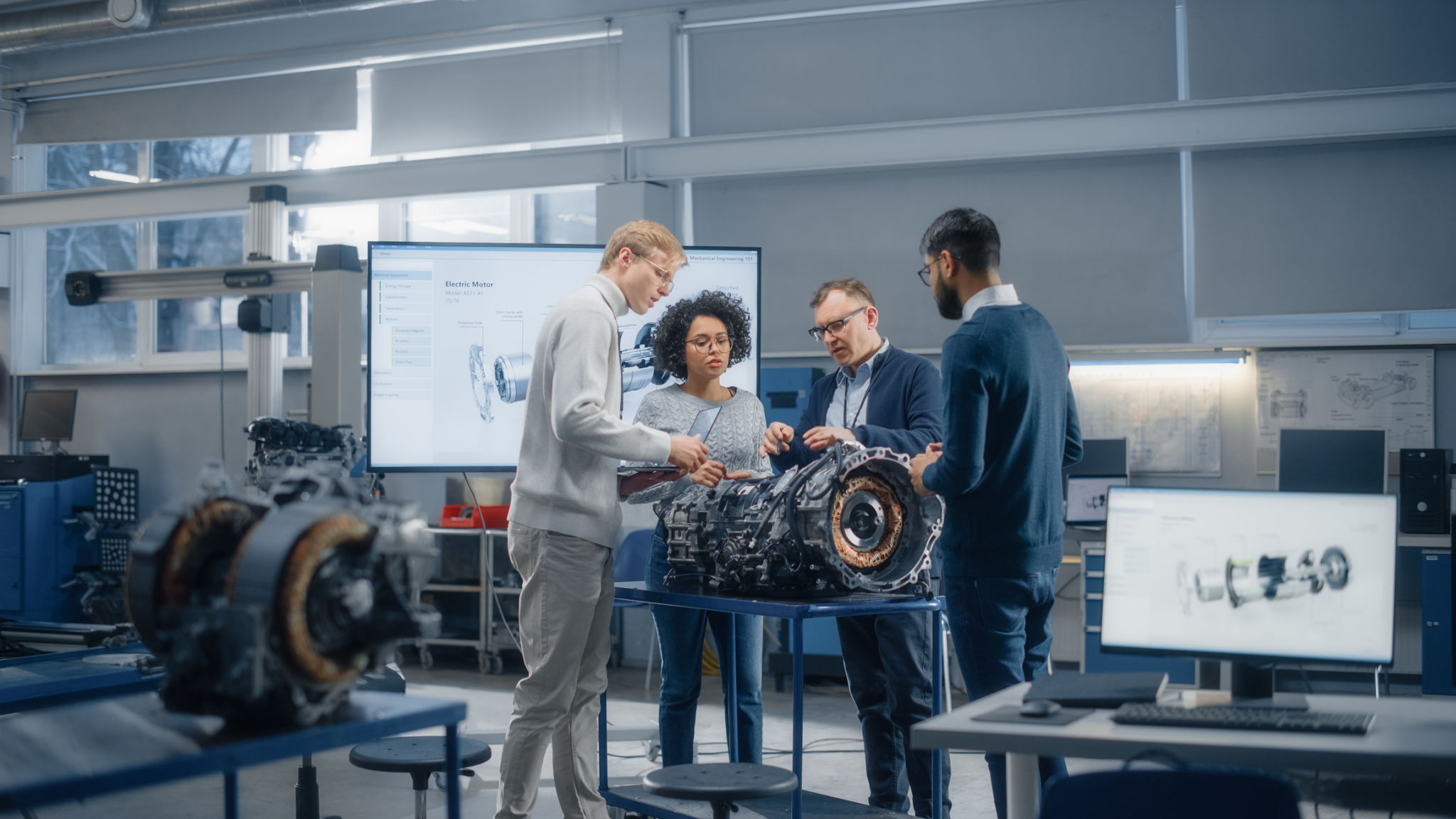Expert Tips for First-Time Car Buyers: Insights from a Car Broker
Understanding Your Budget
Buying your first car is an exciting milestone, but it can also be overwhelming. One of the first steps you need to take is understanding your budget. It's essential to consider not just the purchase price of the car, but also additional costs like insurance, taxes, and maintenance. A good rule of thumb is to spend no more than 20% of your monthly income on car-related expenses.
Before you start shopping, take a close look at your financial situation. Determine how much you can afford for a down payment and what your monthly payment limit is. Remember, a larger down payment can lower your monthly payments and reduce the total interest paid over the life of the loan.

Researching the Right Car
Once you have a clear budget, it's time to research the type of vehicle that fits your needs. Consider factors like fuel efficiency, size, and safety features. Think about how you will use the car—will it be for commuting, family trips, or weekend adventures? This will help narrow down the options.
Online reviews and expert opinions can provide valuable insights into different models. Websites that compare cars based on user reviews and expert evaluations are particularly helpful. You may also want to explore reliability ratings and resale values to ensure you're making a wise investment.

New vs. Used Cars
Deciding between a new or used car is another critical decision. New cars come with the latest technology and warranties, but they depreciate quickly. On the other hand, used cars can offer more value for your money if you choose wisely. A certified pre-owned vehicle might be the ideal compromise, as it provides some of the benefits of a new car at a reduced cost.
Getting Pre-Approved for a Loan
Before heading to the dealership, consider getting pre-approved for a loan. This step can help you understand what interest rates you qualify for and strengthen your negotiation position. It also provides a clear picture of what you can afford, preventing you from overspending.
Shop around for the best loan terms from banks, credit unions, and online lenders. Compare interest rates, loan terms, and any additional fees. Having a pre-approval in hand can also streamline the purchase process at the dealership.

Test Driving and Inspection
The test drive is a crucial part of the car-buying process. It allows you to get a feel for the car's handling, comfort, and performance. Pay attention to how the car responds in different situations, such as highway driving or navigating tight spaces.
If you're buying a used car, it's wise to have it inspected by a trusted mechanic. This can uncover any hidden issues that might not be apparent during a test drive. The peace of mind this provides is often worth the additional cost.
Negotiating the Best Deal
Negotiation is an art, especially when it comes to buying a car. Do your homework on the fair market value of the car you're interested in to ensure you're getting a good deal. Dealers expect negotiation, so don't be afraid to make an offer below the asking price.
Remember that negotiation isn't just about price. You can also discuss other terms such as warranties or free maintenance packages. Be prepared to walk away if the deal doesn't meet your needs—sometimes this can lead to better offers.

Finalizing the Purchase
Once you've agreed on a price, it's time to finalize the purchase. Review all paperwork carefully before signing anything. Ensure that all terms are as agreed upon and that there are no unexpected fees.
If you have any doubts or questions, don't hesitate to ask for clarification. Buying a car is a significant investment, and it's crucial to feel confident in your decision. With these expert tips in mind, you're well on your way to becoming a savvy first-time car buyer.